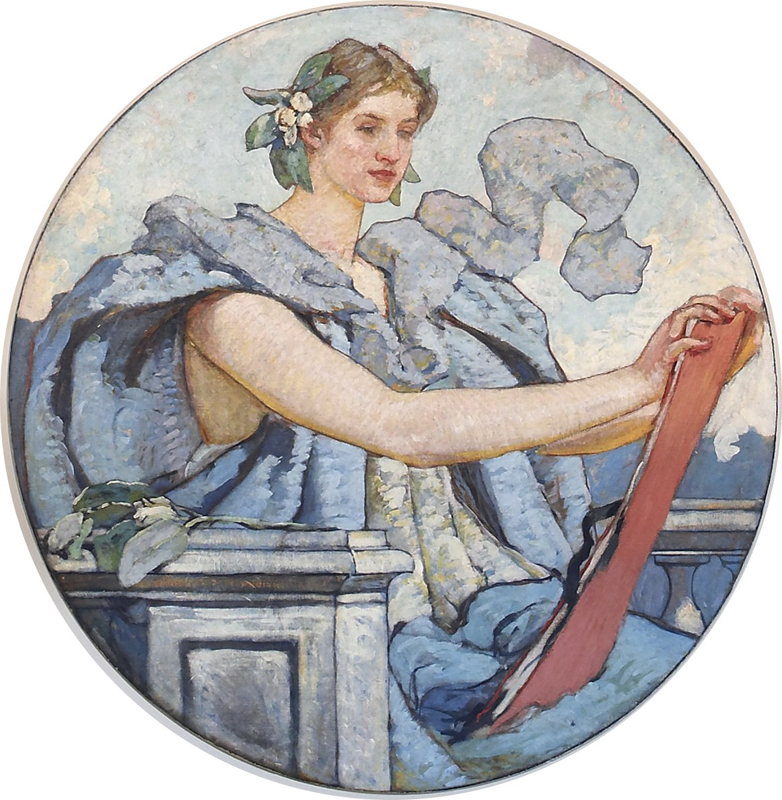By the Rev. Dr. Linda Bell
Revised Common Letionary reflection, Proper 15, Year B
Readings: Proverbs 9:1-6; Psalm 34:9-14; Ephesians 5:15-20 John 6:51-58
We have been offered a seat at the table. We are invited whether we understand or not, whether we are mature enough to know why we are there or not. Hospitality has been extended and Sophia, Wisdom, has prepared everything we need. In our reading from the Gospel, Jesus reminds us at least four times that He is the bread and wine that has been given to the faithful.
Our readings offer instructions on how to grow closer to God. Our frailties are listed, and we are shown how to respond based on God’s caring and loving nature to rescue us from our former selves as we move into who God would have us to be.
An invitation has been extended with an expectation that once we have supped with God, we have a closer understanding of who our God is. With this understanding we act in accordance with God (abide in me) with a clearer awareness that God is with us and provides the spiritual things that are needed to live a life of faith.
Here is a look at this week’s readings:
Proverbs 9:1-6 – “…she calls from the highest places in the town” (v. 9:3b).
This is the only reading from Proverbs in the current Lectionary year. Wisdom, a strong theme in Proverbs, appears prominently in this reading. Personified as a woman, Sophia (the Greek word for Wisdom), Wisdom offers many preaching points for a rich sermon.
The reading tells of Wisdom’s preparing a banquet, a lavish feast, and inviting the beloved to partake. The initial verses focus on the effort Wisdom has already expended in preparation for her guests. It says those who look for God will find God and all their needs will be met. Which is what Wisdom promises.
Through Sophia/Wisdom, the books of Proverbs and Wisdom offer an alternative to traditional notions of God that emphasize a masculine nature. Of course, this idea may not be fully understood or accepted by every one of the faithful. Perhaps delving into this aspect of God will assist others in developing a more comprehensive understanding of the characteristics of God and how they relate to our lives. There are times when we need nurturing. There are times when we need comfort. There are times when we need strength. There are times when we need understanding. There are times when we must fight for justice. Our God is not one dimensional. Our God can relate to all our needs, cultures, or whatever is required.
Presenting a feminine side of God can be difficult and challenging, depending on the setting. Jesus never told us ministry would be easy, and we must proceed cautiously knowing our congregation. Inroads can be made one step at a time. There are two additional times in this liturgical year (alternate Lectionary readings from the book of Wisdom on Sept. 22 and Nov. 3) to explore the feminist, womanist, and inclusive theology of God. All the faithful created “In the Image of God.”
Ephesians 5:15-20 – “…as you sing psalms and hymns and spiritual songs among yourselves, singing and making melody to the Lord in your hearts” (v. 19).
Paul continues to give the Ephesians and us important guidance to help us mature in our faith, so that we are no longer children and can grow spiritually. Verse 19 suggests we are to follow the previous teachings within a context of “oneness.” The words “yourselves” and “hearts” imply a community of faith that comes together to praise God. We give thanks without ceasing for all that God has done. Singing together joyful hymns, songs that are a melody in our hearts. This sounds like a banquet to me.
Gospel – John 6:51-58 – “…. abide in me, and I in them” (v. 56).
And in our Gospel, we continue to be reminded who is our All and All.
The Gospel lections for the last three weeks have been continuous. After this week, there is one last part. If the preacher has not been doing a sermon series, the next two weeks would be a prime opportunity to tie the lessons together.
John tells us that Jesus is as wonderful and powerful as manna. Jesus is manna – the living bread that lasts and will not die. He was manna during His life, He was manna on the cross, (life giving) and He continues to be manna for those who take and eat the Eucharistic meal. This personal interaction is an abiding process. One of the definitions of ‘abide’ is to live or remain somewhere. We have the assurances that God will not leave nor forsake us.
With Young Adults and Children
This week’s readings provide a great opportunity to explore topics of community gatherings, especially around meals. Questions might include:
-Did you attend summer camp or a youth gathering? What was it like to be together? Did you have meals together? What was that fellowship like?
-Were there occasions this summer when you gathered as a family (a reunion?) or with special friends (a Fourth of July picnic)?
-What was special about gathering together? Eating together? Was it especially joyful? Fun? Exciting?
Relate their answers to the community gathering, especially for the meal of Holy Communion.
Previous reflections for Proper 15, Year B:
2018 – Wise bread
2015 – Hungry Humans and the Bread of Life
2012 – We Are What We Eat




Leave a Reply